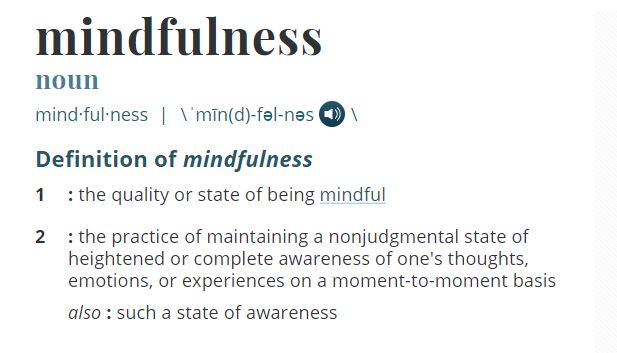Watching Republican Senator Lisa Murkowski’s speech last Friday was a lesson in mindful, radical political action.
Her level tone, combined with her willingness to breakdown her thought and decision-making process clearly and point-by-point was radical.
Considering what has become the norm in our political processes—bombastic 280 character tweets—Senator Murkowski’s polite, civil, and relatively transparent speech was anything but ordinary.
“But this is important to me. It should be important to all of us. And I know that it is important to all of us. And so I studied the record. I sat with Judge Kavanaugh…I reviewed the cases and I did my homework,” she told her Senate colleagues and the rest of America.
She also acknowledged that some accused her of being “too deliberate, too thoughtful, taking too much time.”
But, could the decision to place a 53 year-old man on the Supreme Court for the rest of his life ever be made in too deliberate, too thoughtful, or too time-consuming a manner?
Kavanaugh’s age pretty much guarantees that he will have considerable influence once appointed to the Supreme Court. The average age of the current members of the Court is 65.8 years old and the average age of retirement is 78.7.
Senator Murkowski recognized the influence that any one justice has, as well as the implications that naturally arise by the appointment with life tenure to the highest court of the nation.
The fact that any one person is appointed to the United States Supreme Court is akin to winning the lottery—the educational lottery; the socio-economic lottery; the gender, religion, and race lottery; but not, it seems, the I-am-a-trustworthy-person lottery; the I-respect-women lottery; or the I-promote-confidence-in-my-
On Saturday, October 6th, Brett Kavanaugh was advanced by a procedural vote of 51 to 49 to sit on our nation’s highest court.
Whatever our views on Kavanaugh’s stance toward abortion, the Affordable Care Act, or any of the other myriad decisions he may make—whether we agree or disagree with those opinions—what is undeniable is that Rule 1.2 of the Code of Judicial Conduct applies to Brett Kavanaugh and all of the other judges sitting on our federal courts.
In presenting her reasoning and thought process, Senator Murkowski again did something seemingly extraordinary in its ordinariness—she cited law, in this case Rule 1.2, in supporting her decision.
Rule 1.2 of the Code of Judicial Conduct requires that, “A judge shall act at all times in a manner that promotes public confidence in the independence, integrity, and impartiality of the judiciary, and shall avoid impropriety and the appearance of impropriety.”
In citing something so basic to the legal profession—the law—Senator Murkowski did not try to belittle or humiliate.
She did not swear or resort to name-calling.
She did not mock.
She did not threaten.
She did not throw a temper tantrum or revert to the emotional maturity level of a toddler.
She did not sow seeds of fear and discontent, or establish an “us against them” mentality in the hopes of further driving people apart.
She simply reviewed the record, interviewed people, asked questions, deliberated, asked more questions, and voted with her conscience because “at the end of the day,” as she explained, that is how she should vote; that is how we should live.












Read 17 comments and reply